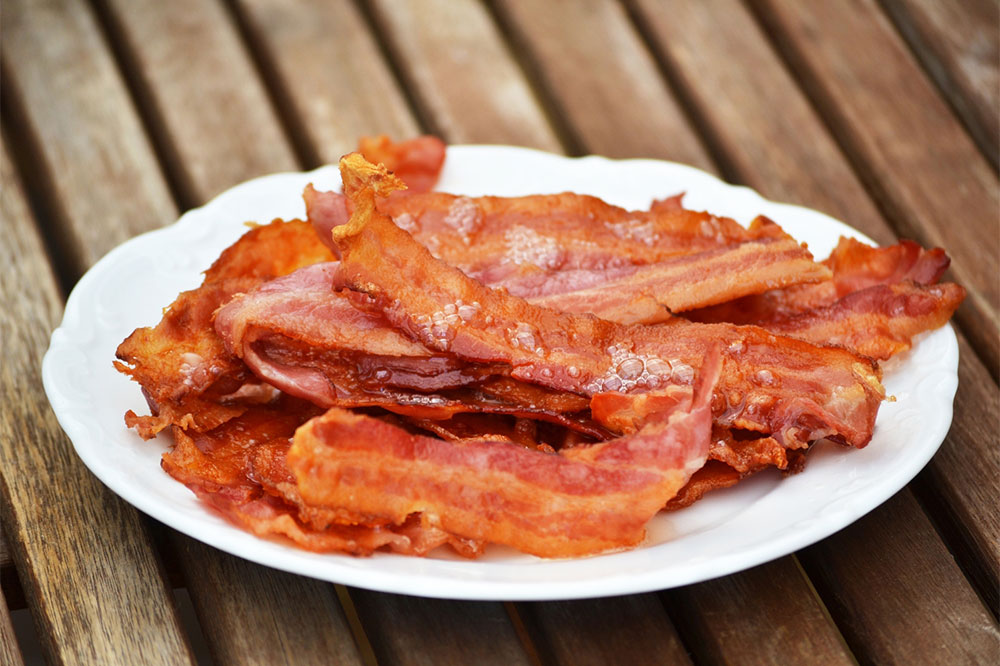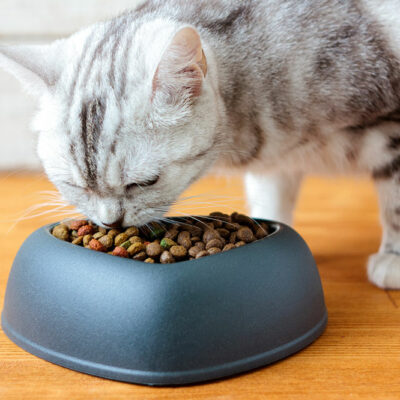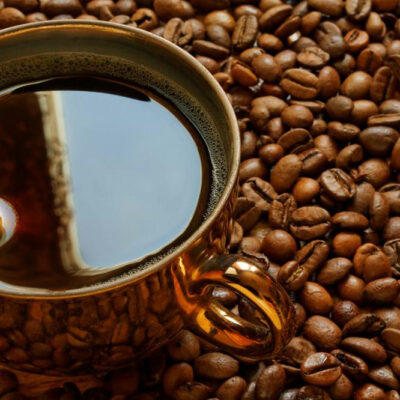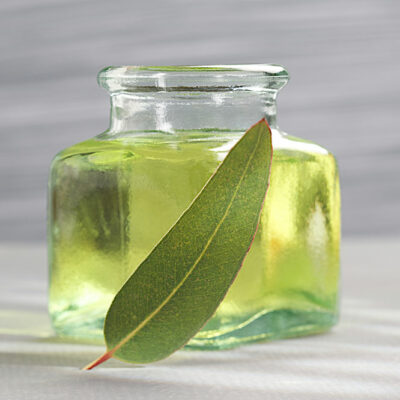
6 Foods to Totally Avoid for Gout
Gout attacks can be very painful and debilitating. Gout attacks arise when excess uric acid deposits as tiny crystals on bone joints in places like the elbow or wrists. These crystals cause excruciating pain making it unable to move the specific part of your body. The condition of gout primarily arises when certain foods are consumed. It is known that foods that contain high-purine trigger gout attacks among people.
Purine is a widely occurring organic compound that contains a lot of nitrogen. Even though high purine foods are among the major sources of nitrogen and other nutrition to the body, they consume them with caution.
1. Organ meats and glandular meats
Organ and glands from animals are rich in purine. Organs such as liver, lungs, heart, brain, tongue, and the glands such as kidneys, pancreases (sweetbreads), and spleen, contain high purine values. It is better to avoid these organ meats as they contain much more concentrated purine levels within a small portion.
2. Red meat
Red meat is a common trigger for people who are prone to gout attacks. Red meats such as beef, venison, and bison, contain high levels of purine contained in them that no matter how much it is cooked, they still leave a large residue of purine in the red meat. It is recommended to consume small portions only occasionally as the nitrogen ingested through these foods takes a lot of time to flush out of the body.
3. Seafood
Anchovies, tuna, sardines, shellfish, mussels, herring, codfish, trout, haddock, and scallops, in particular, are very high in purine than the other varieties of seafood. Doctors advise that it is best to take them in small amounts. Some of these are also great sources of omega-3 acids and other nutritious compounds that provide many health benefits to the seafood mentioned above as they can trigger gout.
4. High-purine vegetables
Cauliflower, spinach, broccoli sprouts, green peas, and mushrooms are the only vegetables with the highest purine levels; however, it is notable that they do not cause the same symptoms as red meats, organ meats, and seafood. The high-purine vegetables can be consumed with much less caution than animal-based high-purine foods. Nutritionists suggest to limit the consumption of these vegetables to just a cup a day and not more than that.
5. Alcohol
All alcoholic beverages are known to increase the chances of a gout attack. Even though it is not a high-purine substance, alcohol primarily increases the rate of dehydration in our body. According to the Center for Diseases Control and Prevention, alcohol also slows the metabolic process making the gout attacks occur faster. Studies further reveal that it only takes a little uric acid to flare up a gout attack when consuming alcoholic beverages.
6. Sugary foods and drinks
According to recent studies, foods containing high fructose levels are also linked to gout, as fructose, when consumed, is broken down into purines, which produce purine. Foods that are high in fructose are honey and sugar. Therefore foods such as sweet fruits, fruit juices, colas or sodas, pastries with sugar, and cakes are all to be consumed in small portions occasionally.


